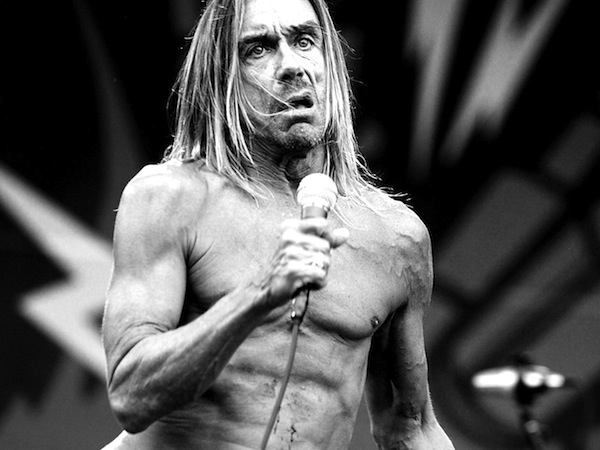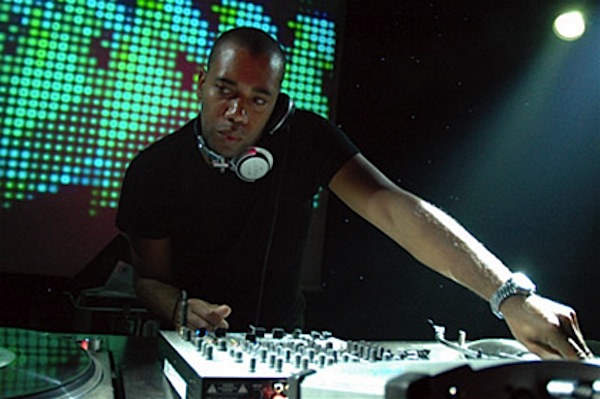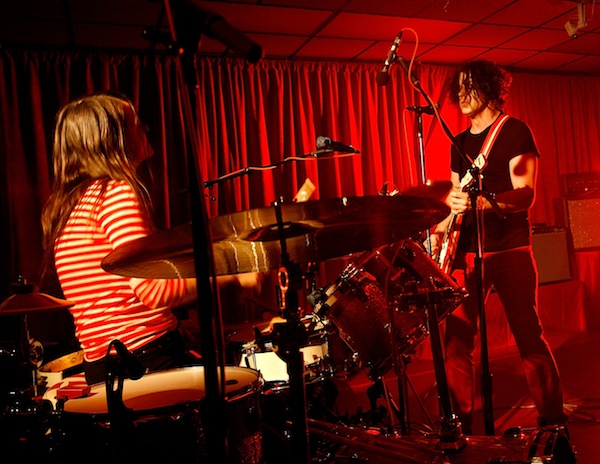DETROIT. It conjures up the typical descriptors that need not be repeated here since you assuredly have them at the forefront of your consciousness. After living in the Motor City all my life, I am acutely aware of the city’s challenges and how my hometown is perceived from afar. I am not saying that much of it isn’t true, but there is a dichotomous story at work here that typically fails to get its due. It’s the decades old tale of Detroit’s musical heart and soul.
While cars were coming off the assembly line, John Lee Hooker and Bobo Jenkins set up shop on Hastings Street; not to mention music coming from local churches where a young Aretha Franklin discovered her voice. Elvin Jones, Donald Byrd, Milt Jackson and countless other jazz artists made music in the Motor City and rose to international stardom — then along came Hitsville U.S.A.
When Berry Gordy launched Motown Records it ignited a magical time in music history in which people came here from around the world with the belief that if they recorded in those studios their records would become hits. Young Detroit artists entered that tiny building on West Grand Boulevard and were transformed into superstars. Marvin Gaye, Stevie Wonder, Diana Ross and the Supremes, Smokey and the Miracles, the Funk Brothers and so many other artists signed to Motown Records left a musical imprint that is felt throughout the world to this day.
Carl Craig, a leading Detroit DJ
While Motown was making its mark on the world, Detroit was laying the groundwork for its future title of “Detroit Rock City.” Mitch Ryder, Bob Seger, Alice Cooper, Iggy & The Stooges, The MC5. It was raw, it was exciting and it was Detroit Rock ‘n’ Roll.
Not only were the artists exciting, but so were the audiences. There was nothing like playing at the Grande Ballroom in front of passionate Detroit music fans. As rock music continued to thrive in Detroit with Marshall Crenshaw, Was (Not Was), and eventually The White Stripes, another genre of music was brewing at the hands of Carl Craig, Juan Atkins, Kevin Saunderson and Eddie Fowlkes. It was called techno, and once again, Detroit was on the forefront of a musical explosion that was even more prominent internationally, with these artists building loyal fans around the world. With rap and hip-hop on the horizon, Detroit would not disappoint. J Dilla, Insane Clown Posse, Kid Rock and Eminem would put Detroit on the musical map once again.
Detroit’s music today is a product of its storied past, but with the addition of a burgeoning acoustic music scene that feels perfectly at home in our gritty city. No matter how decayed our buildings are or how dysfunctional our city government, incredible and exciting things are happening here.
All you have to do is listen.



